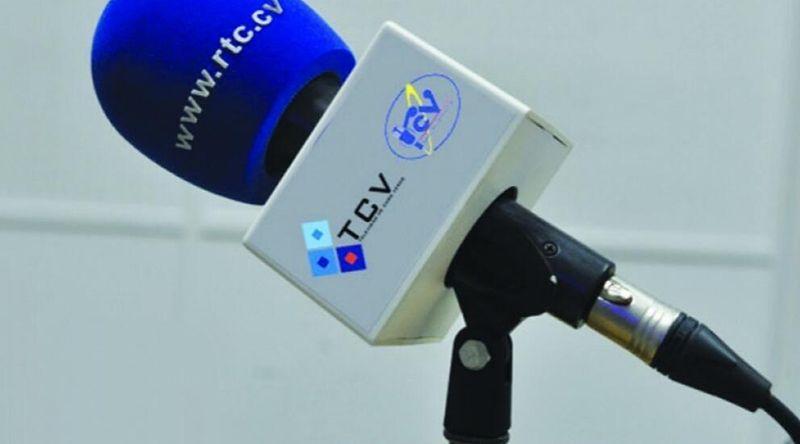Africa-Press – Cape verde. The Government reaffirmed its confidence in the future of Cabo Verdean Radio-Television (RTC) this Tuesday and emphasized the importance of ensuring stability and tranquility within the institution so that its professionals can carry out their work for the benefit of citizens.
In response to journalists on the sidelines of the regional conference on information integrity in West Africa and the Sahel, Lourenço Lopes stated that disagreements and misunderstandings “are natural” in any organization.
According to the Prime Minister’s Deputy Secretary of State, the State has demonstrated “clear confidence” in the institution by signing a 15-year concession contract a few days ago.
“No one signs a 15-year contract if they don’t trust this institution. We trust in the future of RTC,” he stated, emphasizing the need for “peace and stability” so that the institution can grow stronger and its professionals can continue to perform their duties.
The Government emphasized that, although opinions differ among professionals, the board of directors and management of public radio and television stations enjoy autonomy to act according to their own views.
“Therefore, in this game, it is necessary to ensure the communication channels so that, in the end, the institution itself, RTC, the largest media outlet in Cape Verde, can win,” it emphasized.
“We have a great social responsibility at the level of Cape Verdean Radio and Television,” it warned, emphasizing that the agency plays “an essential role” in informing and educating society.
Recently, the Regulatory Authority for Social Communication (ARC) ruled illegal the interference of RTC’s board of directors in TCV’s editorial sphere by assuming obligations under a broadcast contract with the Cape Verdean Image Agency (ACI) for a hybrid television program.
The ARC made these considerations in its resolution approving the opinion requested by the management of Cape Verde Television (TCV) “regarding possible undue interference” by RTC’s board of directors in the station’s editorial sphere.
In its opinion, TCV’s management stated that the contract was signed without the knowledge, involvement, or approval of the station’s editorial management or the administrator responsible for the content department, and that it had a direct editorial impact on the station’s programming schedule.
In the same note, the TCV’s management stated that the contract in question is for one year, provides for the delivery of 52 episodes, for a total value, “apparently, of 3.64 million escudos, and imposes several obligations on TCV.”
For More News And Analysis About Cape verde Follow Africa-Press






